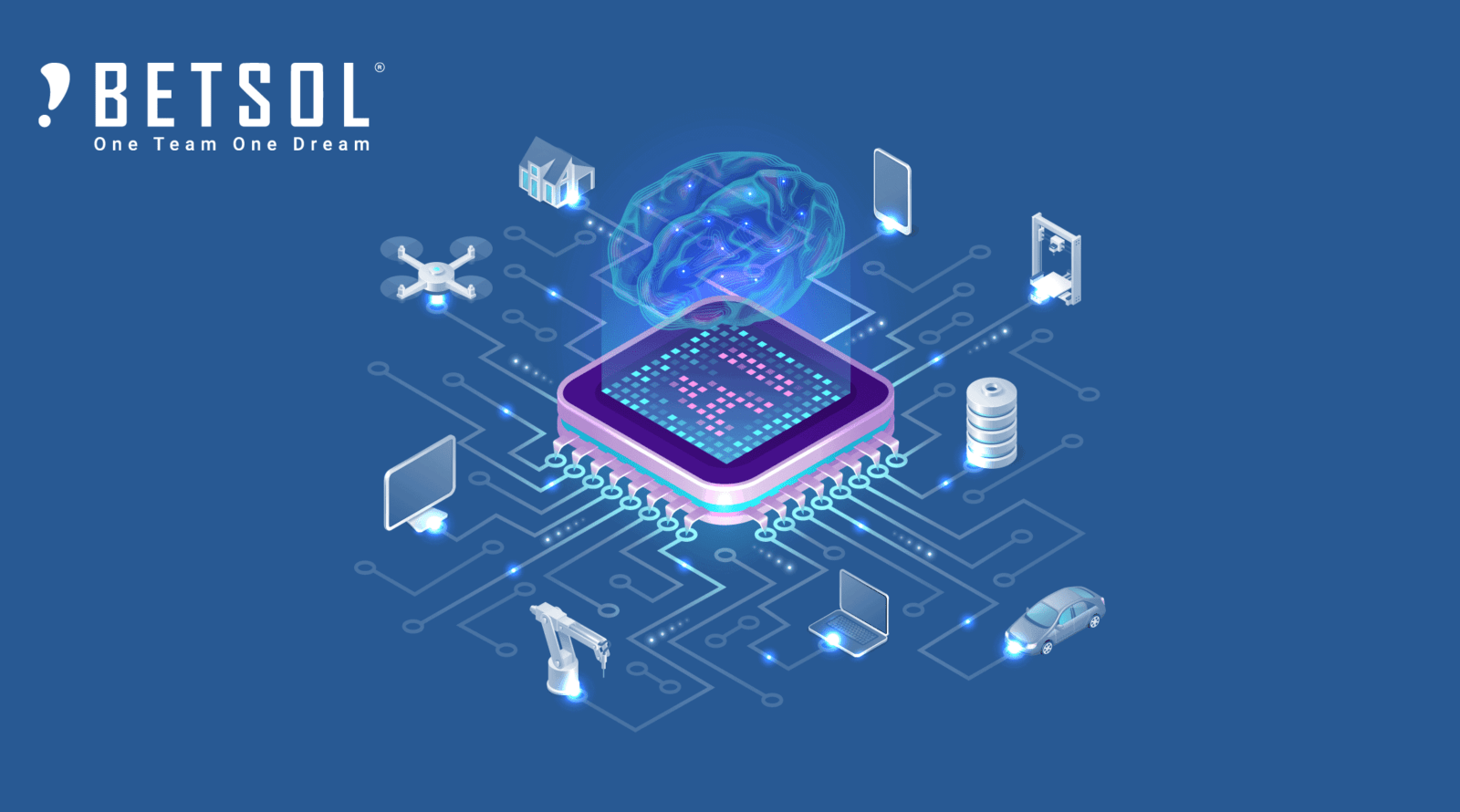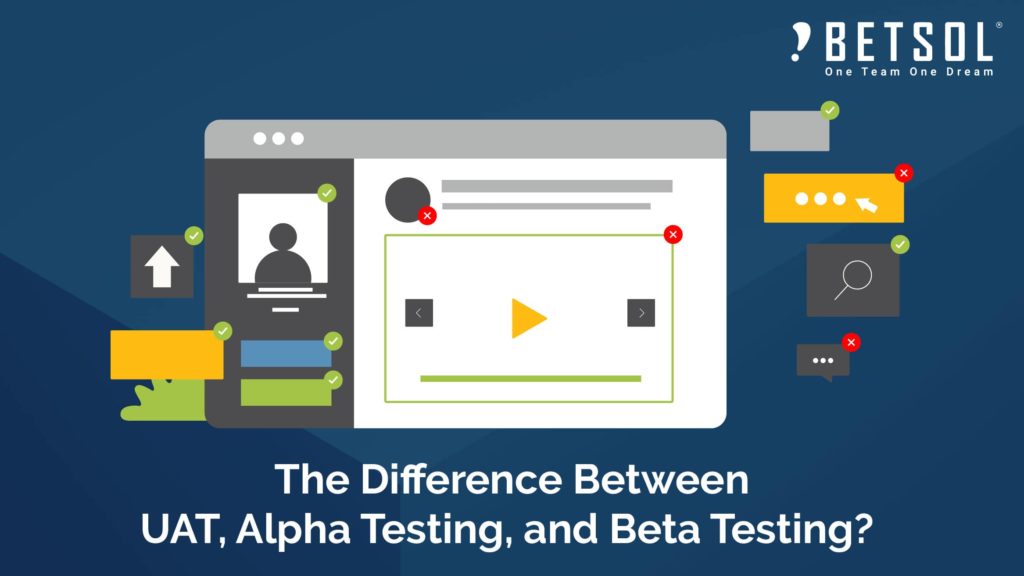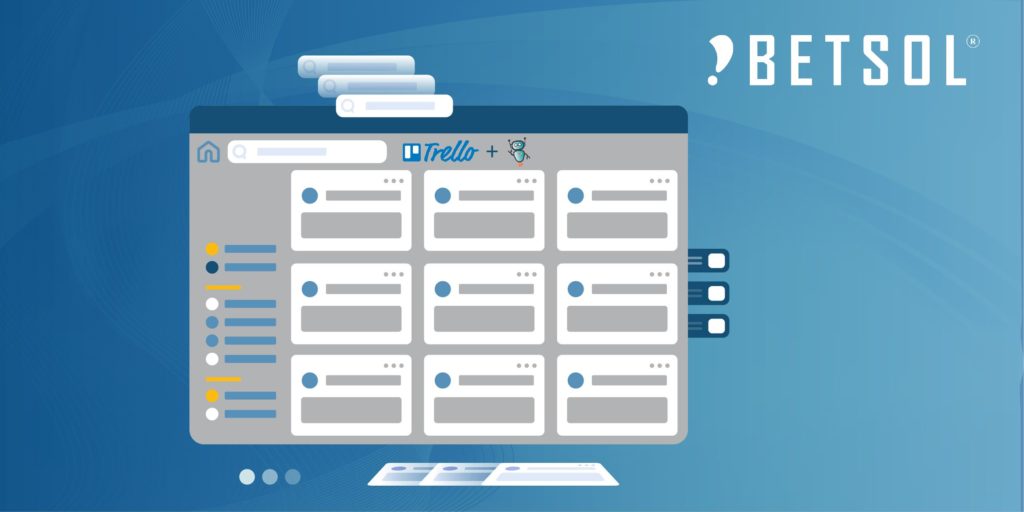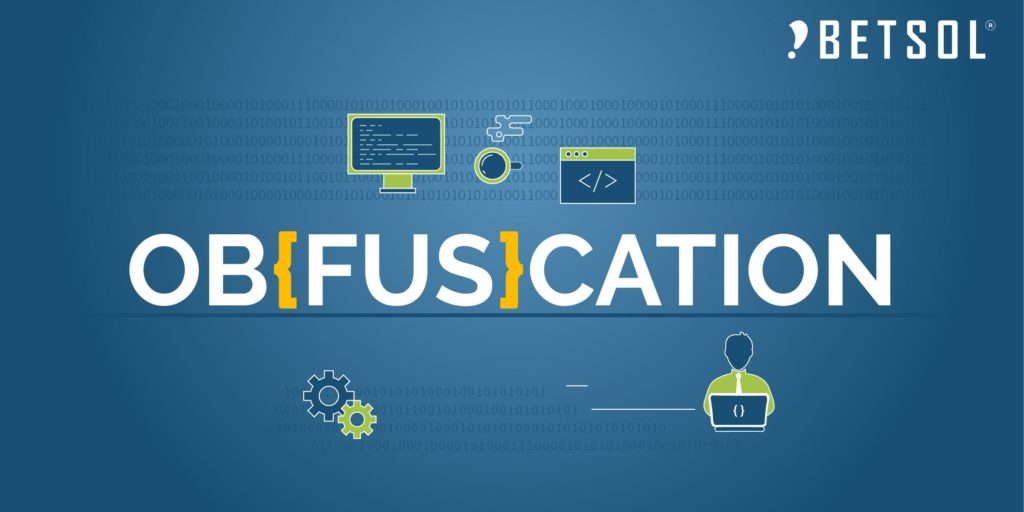Artificial Intelligence and Information Technology: A Match Made in Heaven
In the wake of industry 4.0, artificial intelligence and information technology are mere buzzwords that are used interchangeably. Artificial Intelligence (AI) has proved its prominence by revitalizing the space of information technology. Isn’t it exciting to see how the integration has transformed the information technology systems into smart systems in the blink of an eye?
Well, it needs no mention that information technology is all about software, data transmission systems, and computers. But at the backend, it’s artificial general intelligence in defining future technologies and applications with AI-assisted technology.
Artificial Intelligence vs. Information Technology
A fact of the matter is that AI Artificial Intelligence and Information Technology are not the same.
AI and machine learning aim at carrying out tasks that include learning, adapting, performing, processing information, and speech recognition similar to humans. But, information technology systems are based on evaluating, storing, capturing, and analyzing data.
Information technology is limited to transmitting and manipulating data. Whereas, AI-driven applications work more closely to accelerate problem resolutions and enhance IT operations. This makes artificial intelligence software more intelligent within the IT landscape.
How Artificial Intelligence Meets Information Technology?
Agree or not, most technological innovations are the products of information technology. But what’s taming the data complexity is the fusion of artificial intelligence technology and information technology.
Undoubtedly, for the IT industry, AI is the stepping stone that is transforming its systems into intelligent solutions for scaling IT functionalities. But what’s making them so intelligent in the IT landscape? It’s the Robotic Process Automation (RPA) software and optimization that forms the two core functionalities of AI. Combined with artificial intelligence, robotic process automation is replacing the IT operations and tasks to automate data processing and decision making. The biggest benefit? Organizations can automate mundane business tasks to free up humans to indulge in more brain-intensive tasks than ever!
Not convinced yet?
Take a look at some of the key applications of artificial intelligence services in information technology:
1) Data Security:
The massive amount of big data being generated day-in and day-out has posed significant challenges for cybersecurity and data backup and protection. Blame it on the Internet of Things (IoT) and cloud computing contributing to the volume of data collected. The question that arises is how would you tackle the security and privacy of data of IT information security and IT operations across the industries?
To achieve security and privacy of sensitive data, the AI system can build up an intelligent system for cybersecurity defenses in the form of multi-layer protection to detect vulnerabilities and data breaches. Additionally, it also provides precautions and solutions to resolve security-related issues.
2) Building Better Information Systems:
Running an efficient and bug-free code is the basis of building any information system. An artificial intelligence framework uses a series of algorithms that help programmers in writing better code. By proposing a pre-designed set of algorithms for developers based on their performance, AI can enhance the development time by detecting and eliminating software bugs.
3) Process Automation:
To reduce cost and time, an AI system integrates with deep learning networks aimed at automating the backends process. An AI-programmed algorithm can gradually learn from its mistakes while performing tasks and inevitably optimize the code for better functioning. Artificial intelligence automation can mitigate the issues with UI testings, thereby speeding up the delivery cycles and team efficiency drastically.
Benefits of Artificial Intelligence in Information Technology
Before deploying software, the two key issues an IT system primarily focuses on, are ensuring the quality and development time. Since an AI system is all about predicting during the development of a software prototype, it can help in overcoming the loopholes while developing and deploying a software system.
Some of the key benefits of AI integration with Information Technology are:
- Through strategic insights derived from artificial intelligence data (predictive analysis), IT admins, architects, developers, and IT managers can fasten the decision-making process that will help them to perform tasks faster.
- Artificial intelligence tools can help reduce the deployment time drastically through predictive analysis as developers need not have to wait until the last stage of deployment.
- AI is a breakthrough for the complex modern IT environment. AI enables computers to process massive data using Natural Language Processing (NLP) and then perform specific tasks.
- AI-powered testing aids in speeding up regression testing of software. Whenever the development team introduces a new code, the QA departments can easily identify potential errors, reduce the running test time without needing to handle large amounts of data manually.
Final Thoughts
To anticipate risks across the IT industry sector, common sense, experience, and knowledge are no longer enough. Industrial challenges need to be tackled with critical business choices that are accurate and impactful. By implementing AI in information technology, it is possible to transform analytics into actionable insights by gathering real-time data. Artificial intelligence products such as NLP tools, chatbots, automation tools that detect good code and bad code are broadening the horizons of artificial intelligence technology within the IT landscape. This is where BETSOL’s LeTo integration comes into the picture that bridges the automation gap without compromising or replacing the underlying IT infrastructure!
Amongst all the advantages of artificial intelligence, what’s best about AI in information technology is that they can perform multiple repetitive jobs. And to achieve this, they don’t require breaks and refreshments!
Have a question about how artificial intelligence and Robotic Process Automation (RPA) can meet your complex business needs? We are here to help. If you are ready to leverage the benefits of RPA and scale your business to the next level, take the first step right and fill up the contact form given below:



